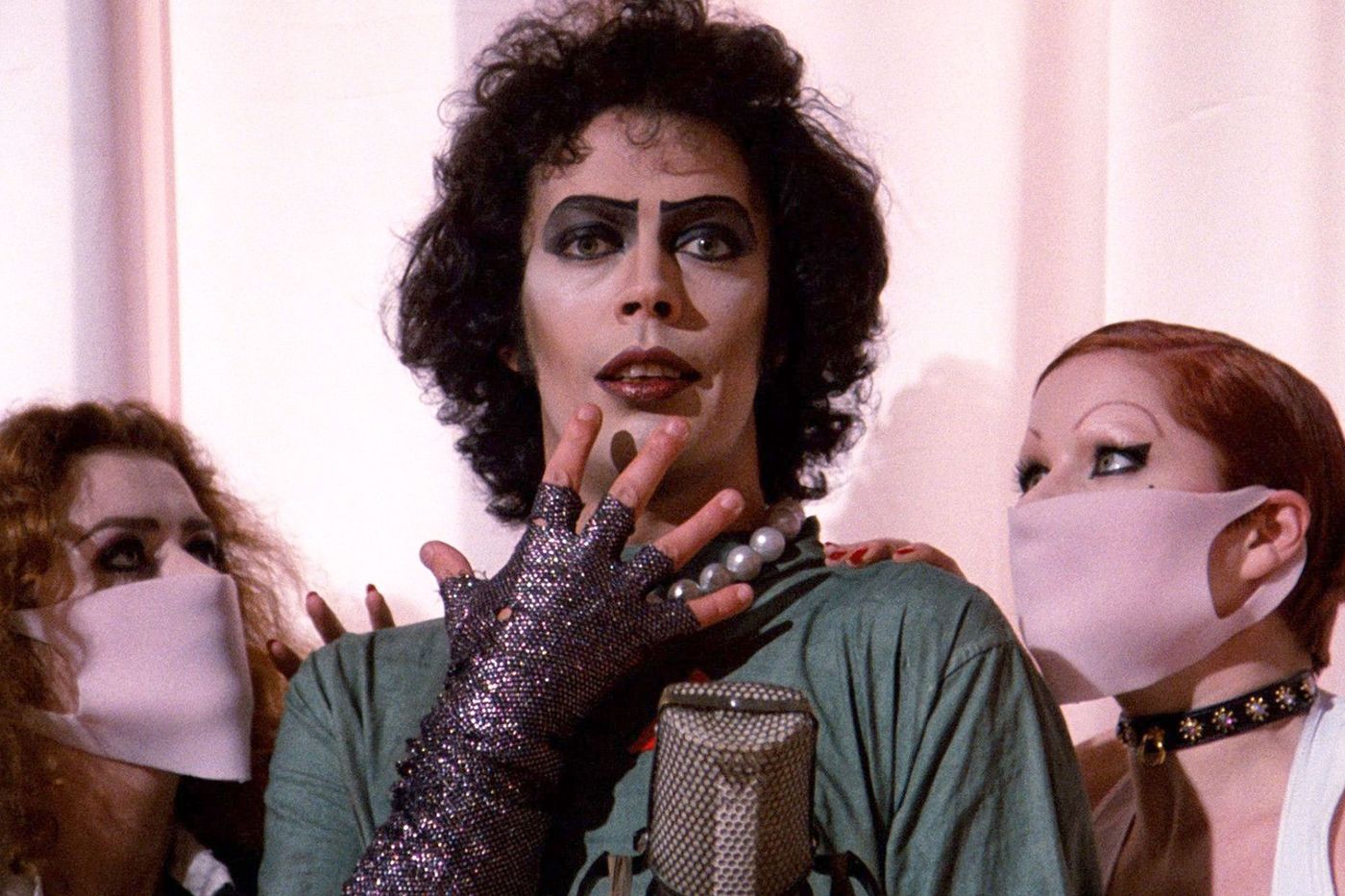Of course it’s a social construct, just like everything else that matters is. If you don’t want your live to be determined by social constructs, you would have to live alone in the woods.
I think the broader point is that, if crime is a social construct, it’s not natural and unchanging, we can redefine what crime is.
Did anyone think we couldn’t? We regularly elect people to do that job.
Yeah, actually. A lot of people have a “well, what can you do” attitude about our lots in life.
Yes, and it’s silly to act like you don’t know of people who care a lot about following the law, thank cops for protecting us, look down on migrants for not doing it the right way, condemn people who steal to make ends meet because theft is a crime, yet don’t care much about the policies that leave our fellow humans on the street to fend for themselves that are immoral, but not criminal.
That’s still not a point at all, just like saying “maybe political change would be good”. Like, of course there are incidents where common sense morality and legal practice don’t match, that’s where lawmakers should step in and change something.
Yes, and the point of this is to remind people that’s an option. A lot of people get stuck in “life is how it is” and change seems impossible. It’s important to be reminded sometimes that it’s not.
Things that are social constructs can be modified with the social contract and should be modified to suit the will of the governed.
Social constructs that operate without the approval of the membership seem to be bad constructs that should probably not be built that way.
It’s really the exception for any aspect of reality to be operating with the approval of everyone affected. Things being socially constructed doesn’t mean they are less real, or that they are somehow easier to change. After all, “convincing people that they should think differently about some social construct” is just a clumsy definition of politics.
Setting aside morals and ethics for a moment, intent (and malice) is a key component of crimes. Unfortunately it’s easier to show in some cases than others. It’s also worth noting that the at-will contract goes both ways in this case. Unfortunately there is an insurmountable power imbalance in this situation.
I was about to say I’m glad I was never in this situation, but I just remembered a time where I switched from an employee to a contractor and stopped getting paid.
Counterpoint:
Failure to pay someone money they are owed resulting in jail time only sounds good when you imagine employers being carted off for not paying employees what they’re owed.
It’s not so fun when you consider a mother of 2 carted off for missing a car payment.
Good point, let’s not bring jail into the equation and just do it how it’s done today:
If a mother of 2 misses her car payment, they take her car
So if your boss misses their payment for your labour, you should take back your labour, destroy whatever you’ve made but not been paid for
That wouldn’t be practical for most things, especially disposables or perishables like food. It’d be best simply to fine the owner or garnish their bank account. The IRS should enforce wage theft cases since they’re the ones with the power to do that.
my last boss still owes me >6000€ in wages. I have been struggling for half a year now to get him to pay.
meanwhile: When I order something from amazon, and the bank-transfer bounces, I am in for new kind of hell of late-fees and incasso-mail.
TALK TO A LAWYER and sue him
Of course crime is a social construct. No examples are necessary. What else could it be?
People tend to forget that social constructs are very very real things that can have major material impacts on our lives. Those who don’t understand this use “it’s just a social construct” to dismiss the importance of certain concepts or abstract ideas. But most of human’s reality is made out of social constructs.
It’s not a social construct, it’s a legal concept
Which is a social construct?
Unpopular opinion: I find this comparison a bit off. Compare your theft from the till to your boss taking $100 from your pocket and it seems more even.
If he shaft you for a 100$ on your paycheck or he takes it from from your pocket, it’s still the same thing. You are a 100$ short by malicious intent.
The fact that the comparison feels off to many despite being perfectly valid is exactly the point.
[This comment has been deleted by an automated system]
The distinctions you name are completely irrelevant, because in both cases people are robbed of $100 they legally own. It doesn’t matter if physical goods or services are exchanged, or if the owner also physically possessed the money at some point.
Idk where you live, but shop owners in my country will absolutely go after every penny someone has stolen from a store, and rightfully so!
[This comment has been deleted by an automated system]
Again, no one is saying that they are the same. The argument is that their differences don’t matter in this context, because the negative outcome for the victim is the same. And that’s absolutely not the case for physical theft vs digital piracy, not even close.
Why’s that?
Intent?
Taking $100 is theft. Period. You can’t accidentally pocket $100 out of a register.
Boss shorting your check $100 could be an accident. Often not even their accident these days with payroll software. Until it happens consistently it’s not guaranteed intentional.
The quote is still in the wrong mindset with bad use of language.
It’s not withholding. It’s stealing. It’s thievery.






